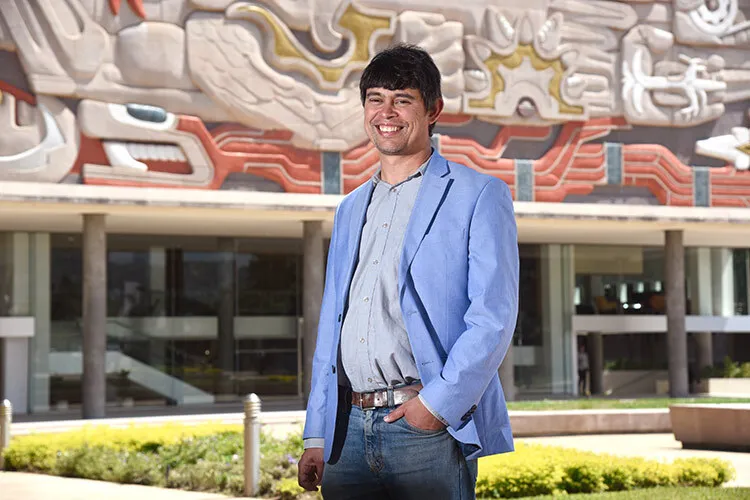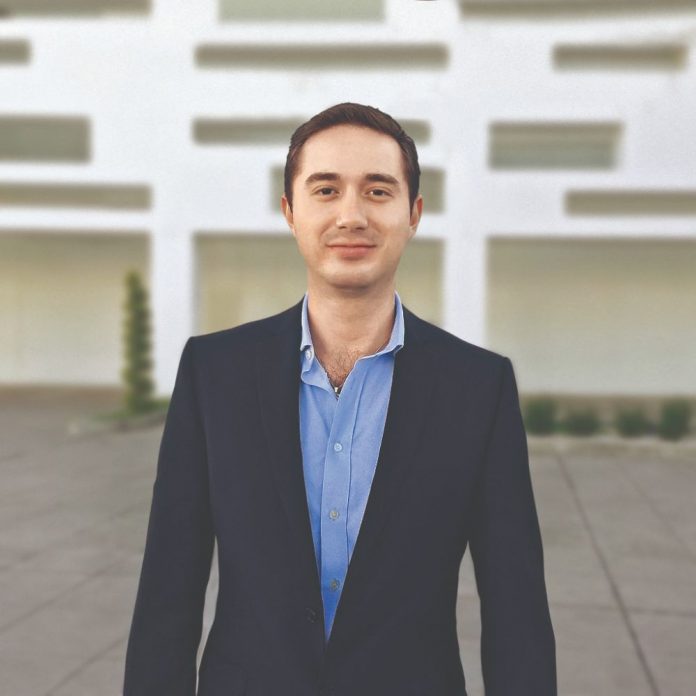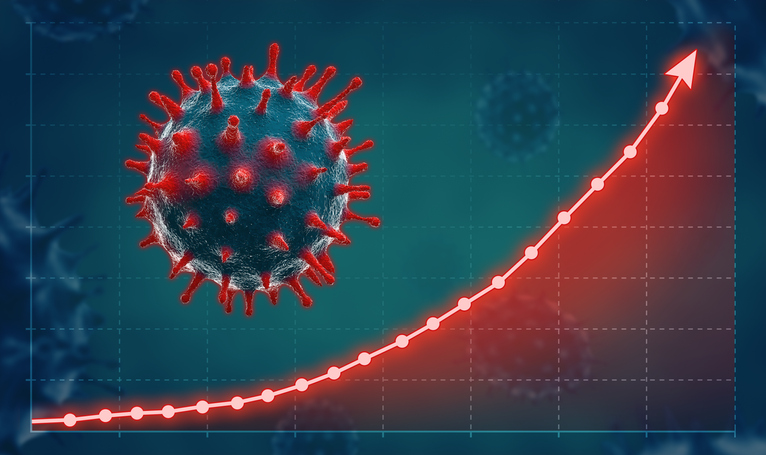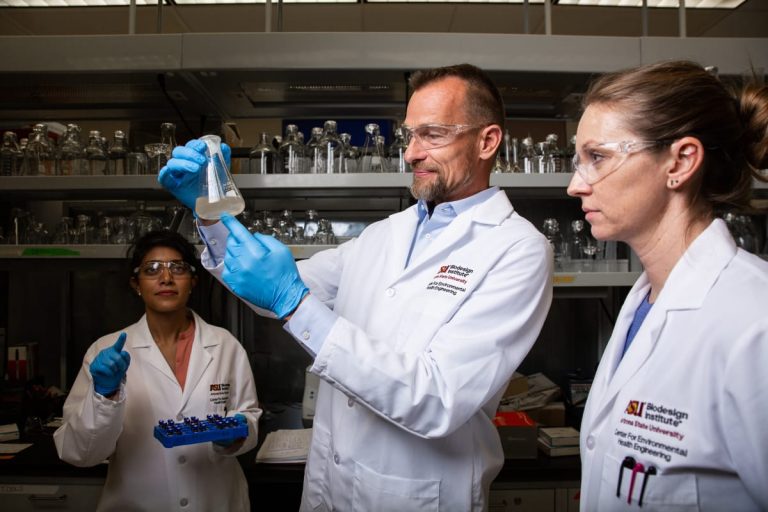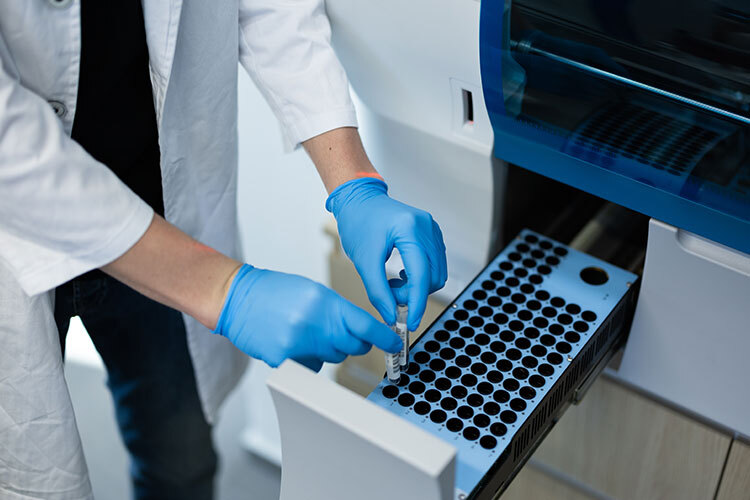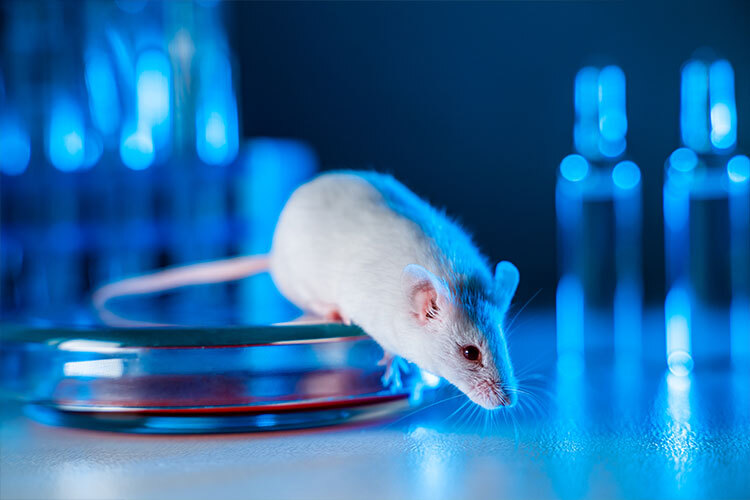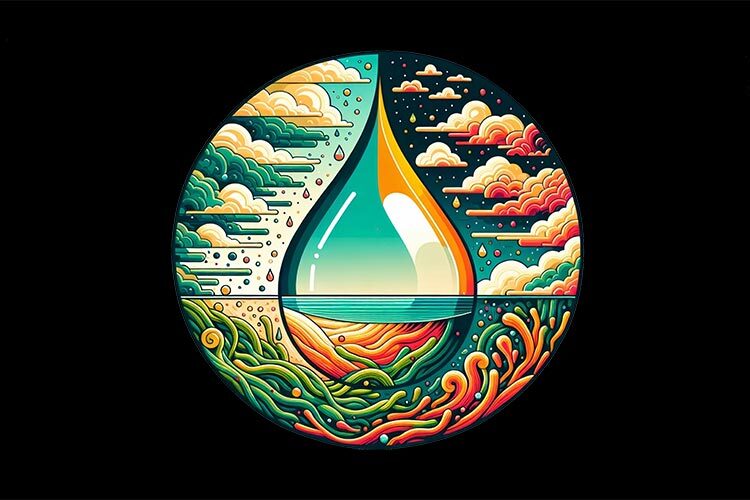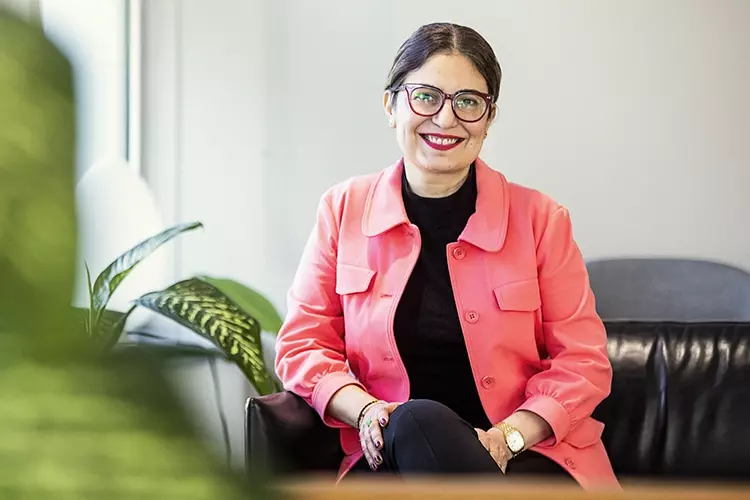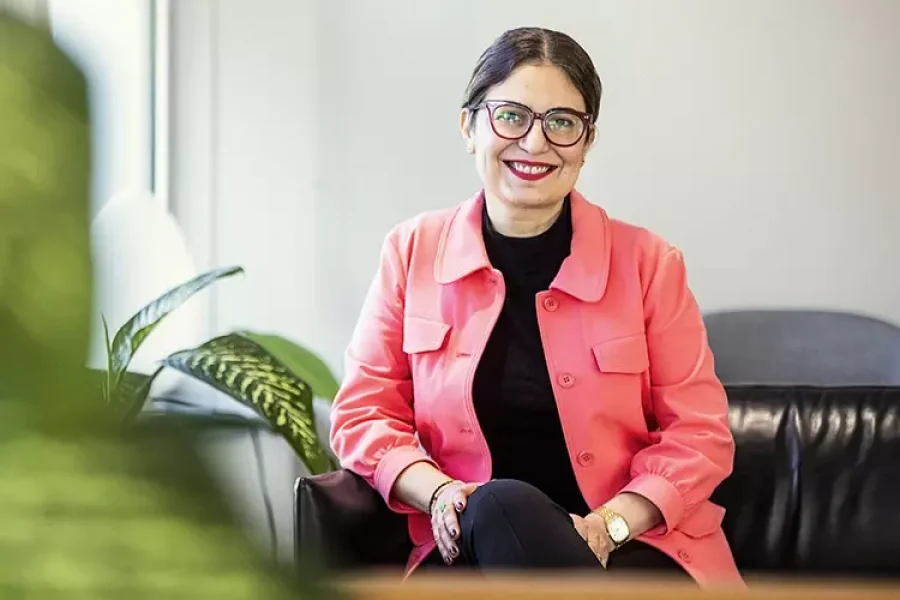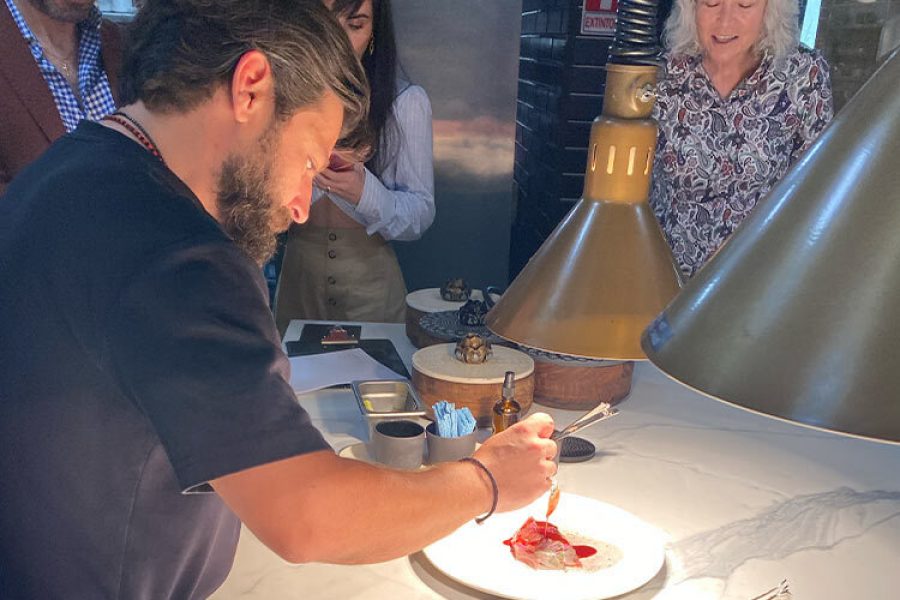Human genome sequencing is one of the most promising technologies for the future of human health. It can help create new medicines and personalized treatments for cancer, addiction, blindness, hearing loss, heart disease, asthma, and more.
Gonçalo Abecasis, Vice President and Director of Genomics and Data Science at the Regeneron Genetics Center (which recently signed an agreement with the oriGen Project at Tec de Monterrey), has set itself the goal of identifying and characterizing genes that determine disease variation.
At Regeneron, he and a diverse group of scientists are focused on using that information to design better treatments and help other programs at the center to validate whether a genetic target makes sense.
Currently, they have six drugs based on their discoveries, in different stages of development. One targets the GPR75 gene, related to obesity. Recently, they published a paper on CHRNB2 gene variants, which were shown to reduce the likelihood of smoking.
“We are really not focused on a single disease, we seek to better understand human disease as a whole and then go where the science takes us,” Abecasis says in an interview with TecScience.
The Future of Medicine
How is it that certain genes relate to human disease?
Here’s one example: there’s a gene called PCSK9, and it turns out that if that gene stops working, your body can’t stop destroying cholesterol, so the level goes down because you have a permanent ‘on switch’ on the cholesterol degradation system. It turns out that this can actually be very good because if you have less cholesterol, you have about 50% less chance of having a heart attack.
Once we’ve figured that out, we can make a medicine to copy that and leave PCSK9 blocked.
Just like this gene, there are many examples of other genes that can help with other diseases as well.
How easy is it to map these genes and actually use them to make medicines?
When I started working in genetics, it cost around 3 billion dollars to sequence the genome of just one person, so we couldn’t do very many.
This was a problem because if you can only sequence the genes of a small number of people, it’s very hard to understand what each gene is doing. We need to look at hundreds or thousands of people for it to work.
Fortunately, it now costs probably hundreds of dollars to do genome sequencing, so it’s possible to look at much larger groups of people.
Another issue we sometimes face is that we need enough people who are willing to give us access to their DNA and health information. This takes time because we need to explain to people why it’s important to get them to volunteer.
What Will Be the Future of Medicine?
Can genome sequencing knowledge be applied to every disease?
I think it can be applied to anything where genetics plays a part. We think it’s very helpful in the context of cancer, addiction, blindness, hearing loss, heart disease, asthma, and more.
Genetics plays a small or big role in a lot of different things, apart from disease.
Imagine the following scenario: genetics can’t change if you’re going to be in a car accident one day, but it can help with how fast your bones heal, for example.
If we understand what makes a bone heal quicker or what makes a bone stronger, we can use that, in theory, to make medicines that help people heal from injuries faster.
Why do you think people should know about human genetics and disease?
Genetics and understanding disease at a very precise level are key to making new medicines.
When we imagine what the world will look like in 10 or 20 years, diseases that right now have no cure probably will in the future. Genetics will play a key role in finding those cures.
For that to work out, we need people to volunteer. It’s safe and quick, so if you can join one of these studies, that’s fantastic.
What are some examples of the work you do at the Regeneron Genetics Center?
I mentioned the example of PCSK9. We do now have a medicine that is based on that knowledge and is used to lower cholesterol and prevent heart attacks.
We also have a medicine that works very well for people with asthma and eczema that works by blocking a gene called IL4. What we’ve done now is look at this medicine and see if it can be applied to other diseases.
Our goal at Regeneron is to use genetic information both to have ideas for new medicines and to take the medicines we already have and figure out where else they could be helpful.
The importance of studying different populations
How can genome sequencing help us better understand the diseases that affect different populations around the world?
Not everyone suffers from the same diseases. There are diseases like malaria that don’t affect that many people in the U.S., for example, but if you look across the world, it is one of the biggest, most important diseases. So you’re not going to study malaria in the U.S., you need to look at different populations to understand their diseases and their problems.
And sometimes the same disease could have different causes in different populations. It could be that the diet of a certain population is different, that their environment is different, or their genetics are different. If you want to be able to help people from anywhere, you need to understand exactly why the disease is important there.
Across the world, we find that genes have different variations and each of them could teach you something important, so if you don’t study people from different regions, you’re going to have big gaps in your knowledge.
If you want to really use genetics to understand biology, you need to study people from many different places.
What do you think about the oriGen project?
We’re thrilled about the project and our collaboration. Mexico is a huge country with quite large genetic differences between different regions, and oriGen collects samples from people from all across Mexico. That’s very exciting.
Most of the studies we’ve done have been on people who are mostly European, so this is a big population that’s not been studied that much. When you look at a new group of people for the first time, there’s a lot of potential for new discoveries.
I’m excited that we’re doing this to start, but I hope that we’ll do even more in the future.
